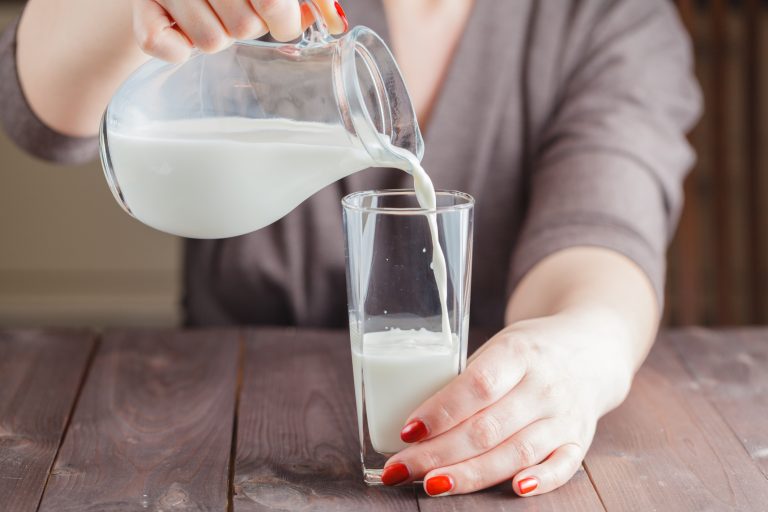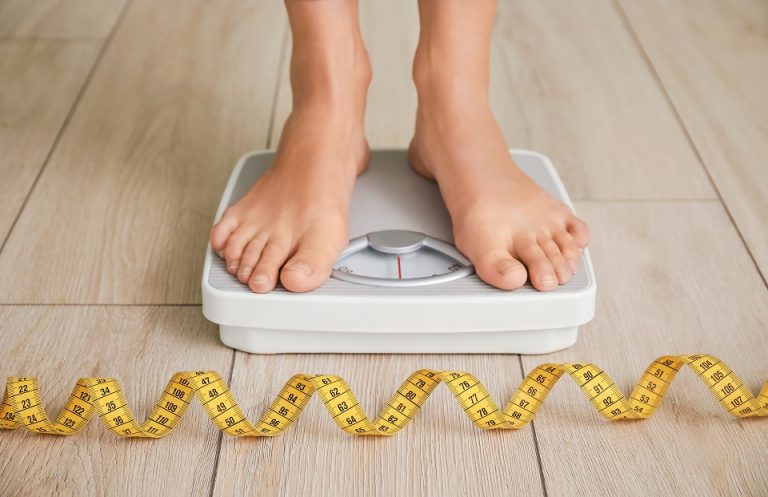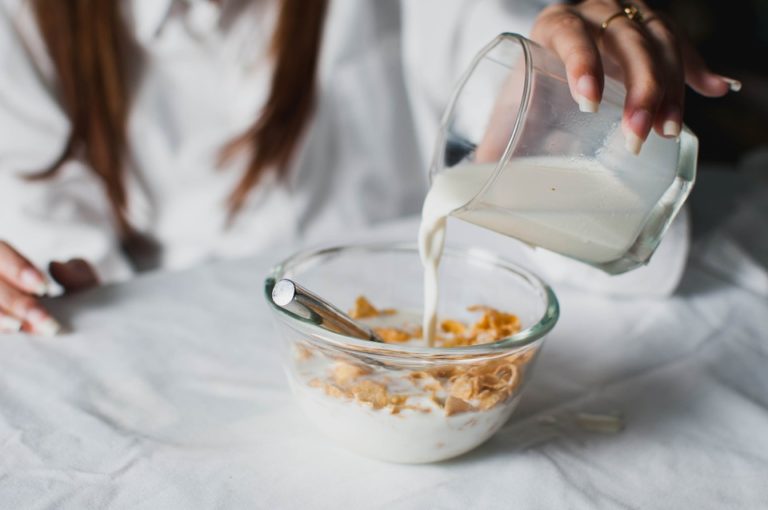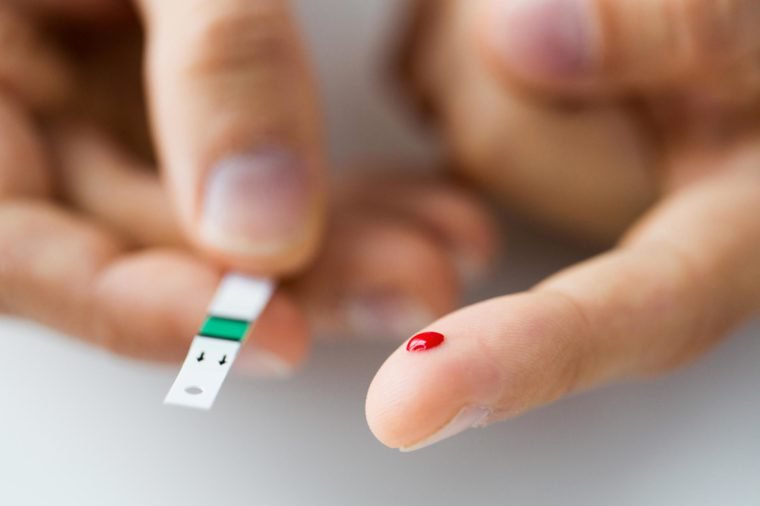
If your blood sugar number is creeping up, these science-backed diet, exercise, and wellness tweaks can help you return it to a healthier level.
Enjoy Mediterranean meals
According to studies involving 140,000 people, the odds of developing diabetes are 21 percent lower for those who follow a Mediterranean diet—building meals around plant-based foods, including fruits and vegetables, beans, nuts, whole grains, and olive oil.
Fish and chicken are eaten regularly but not red meat, butter, or sweets. Phytonutrients and fiber in the plant foods help maintain healthy blood sugar levels, and the olive oil might reduce inflammation.
Go blue
Eating more anthocyanins—the nutrients that give grapes and berries their bright red and blue colors—was linked to healthy blood sugar levels in a new British study. One portion a day of grapes or berries can have the same impact on blood sugar as a one-point reduction in your body mass index, says researcher Aedin Cassidy of Norwich Medical School.
Don’t skip breakfast
If you frequently miss a morning meal, you’ll be more likely to develop type 2 diabetes. Eating breakfast may help stabilize blood sugar throughout the day. Prepare a healthy blend of protein, complex carbs, and fat—yogurt mixed with fruit and nuts, for example.
Starting the day with lots of simple carbs (such as a bagel and OJ) is just as bad for your blood sugar as skipping the meal, according to experiments at the University of Minnesota.
Sweat and strengthen
Women who did both cardio (at least two and a half hours) and strength training (at least one hour) every week had the lowest diabetes risk—about one third less than that of non-exercisers. After an exercise session, your muscles take up more glucose from the bloodstream. As you become more fit over time, cells become more sensitive to insulin.
Step away from the desk (and the TV)
Walk around for two minutes after every 20 you spend sitting down. A new study from England indicates that regular walking breaks promote healthy blood sugar levels and lessen spikes in your blood sugar after you eat.
Examine your medicine cabinet
Drugs for common conditions—such as steroids to control asthma, statins to improve cholesterol levels, and diuretics to lower blood pressure—may raise blood sugar. Ask your doctor whether other medications can treat your condition without such side effects.

























